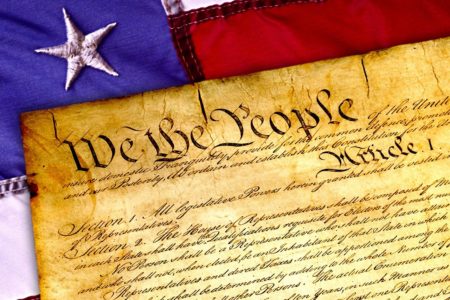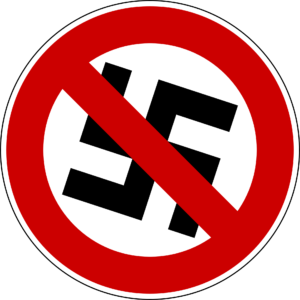
I was just driving back to work from lunch and listening to a popular sports talk radio program. The host of that show was addressing the recent issues that have arisen when professional athletes have protested during the national anthem. As part of the discussion, the host quoted extensively from a recent opinion piece by Stan Van Gundy, the coach of the NBA’s Detroit Pistons: “Athletes Who Protest Are Patriots” In particular, part of Mr. Van Gundy’s argument relies upon the First Amendment to the United States Constitution:
Honoring America has to mean much, much more than standing at attention for a song (one which, by the way, contains racist language in later verses). One of the most important freedoms that our military has fought for over two-plus centuries is the freedom of speech. When these professional athletes protest during the anthem, they are exercising one of the very freedoms for which our military men and women fought so valiantly, thus honoring our highest values and, in turn, those who have fought for them.
Please read the entire article. Mr. Van Gundy makes substantial arguments regarding the message that these professional athletes are attempting to convey.
I am not taking a favorable or unfavorable position with regard to these protests. Both sides are passionate about their viewpoint, and I appreciate both sides. But, as a lawyer who practices employment law and regularly defends governmental entities accused of violating the constitution, the continued references to “Free Speech” just bother me.
In the vast majority of circumstances, the First Amendment to the United States Constitution does not provide protection to employees in the private sector. The First Amendment provides that “Congress shall make no law … abridging the freedom of speech ….” The key word here is “Congress.” Statutes and case law have extended the term “Congress” to most governmental entities. But, private employers (including the NFL) are not governmental entities and they are not required to comply with the First Amendment. I made this point in my very first blog post, when I noted that you can fire an employee who keeps yelling “Roll Tide” in the office. As a result, employees who protest in a private workplace run the risk of termination or other adverse consequences as a result of their protests.
I haven’t reviewed the collective bargaining agreement between the NFL Players Association and the NFL. Similarly, I don’t have access to any NFL player’s employment contract. It’s possible that those documents, or some other source of legal rights, protects these players’ ability to protest. But, the First Amendment’s right to Free Speech does not provide them with legal support.
